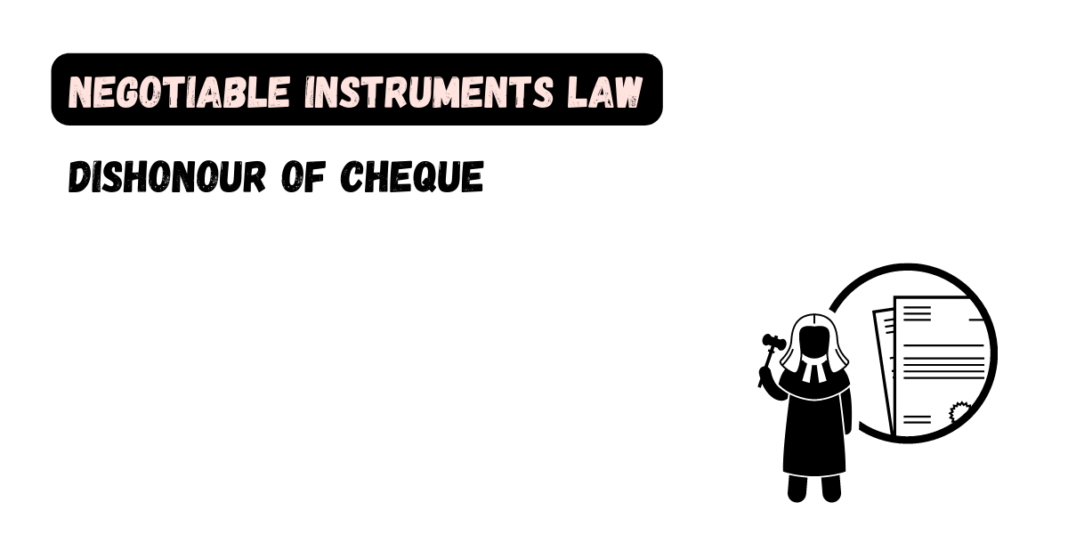When a person writes a cheque to make a payment, they expect the recipient to be able to deposit the cheque and receive the funds. However, there are situations where the bank cannot honor the cheque and refuses to make the payment. This is known as the dishonour of a cheque.
Common Reasons why a Cheque may be Dishonoured
Insufficient Funds
The most common reason for dishonour is when the person who wrote the cheque (known as the drawer) does not have enough money in their bank account to cover the amount written on the cheque. In such cases, the bank cannot make the payment and the cheque is dishonoured.
Closed or Frozen Account
If the drawer’s bank account has been closed or frozen, the bank cannot process any transactions, including the payment of cheques. This can happen if the account holder decides to close the account or if the bank takes action due to legal or regulatory requirements.
Signature Issues
Banks verify the authenticity of the signature on the cheque to ensure it matches the specimen signature provided by the account holder. If the signature on the cheque appears to be forged, mismatched, or unauthorized, the bank will dishonour the cheque.
Stale or Post-Dated Cheque
A stale cheque is one that has been presented for payment after a specific period (usually six months) from the date mentioned on the cheque. Similarly, a post-dated cheque has a future date on it and cannot be cashed until that date. Banks will dishonour such cheques if they are presented before or after the appropriate date.
Alterations or Defects
If there are any significant changes, alterations, or defects on the cheque, such as missing information, incomplete details, or illegible writing, the bank may refuse to accept it for payment and dishonour the cheque.
Stop Payment Instruction
If the drawer of the cheque instructs their bank to stop the payment before the cheque is presented, the bank will dishonour the cheque and not make the payment as per the drawer’s request.
When a cheque is dishonoured, the bank provides a notice or advice to the recipient, known as a cheque return memo. This document explains the reason for the dishonour and is usually given to the payee or the person who presented the cheque for payment.
In such situations, the payee can take several actions. They may contact the drawer of the cheque to resolve the issue, request an alternative form of payment, or pursue legal remedies to recover the funds owed.





